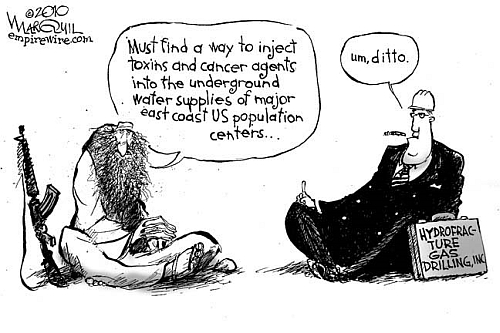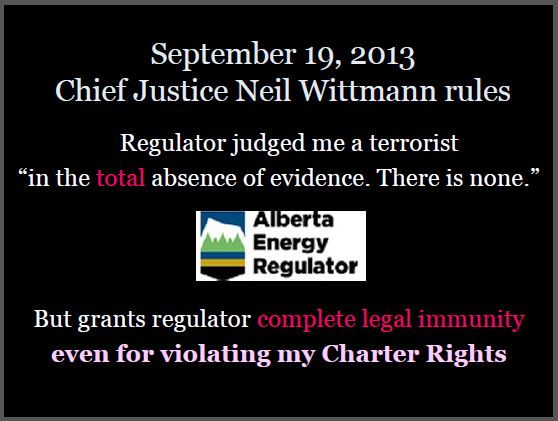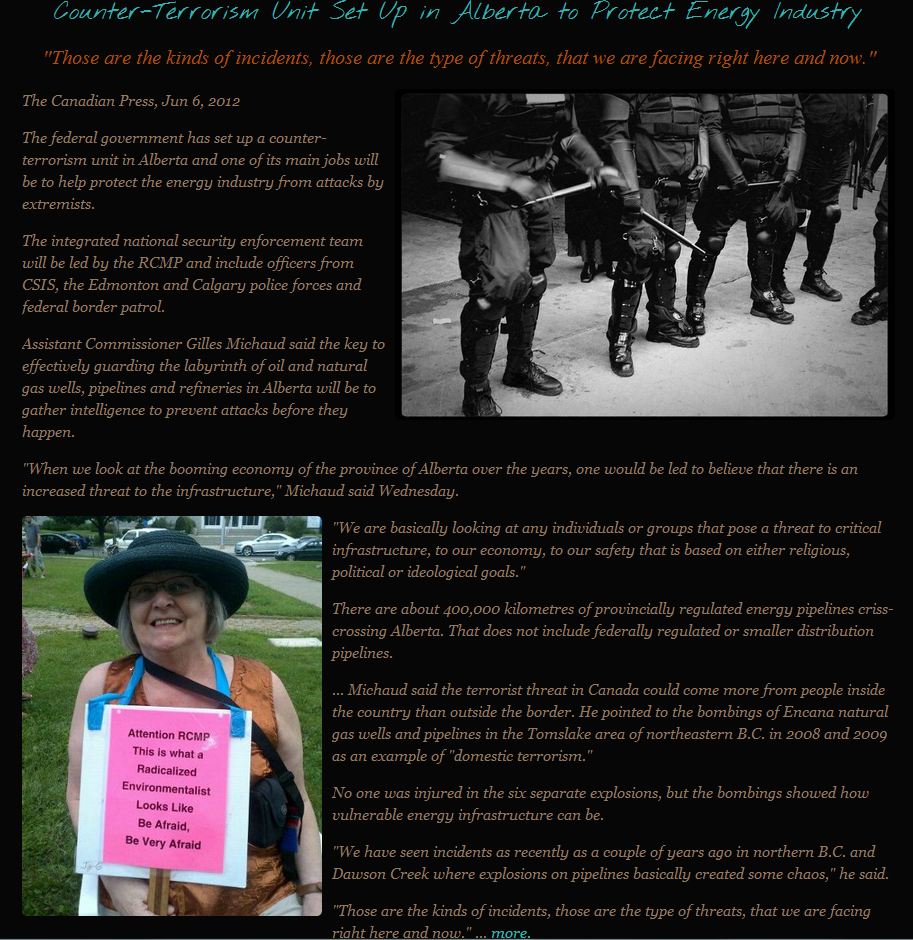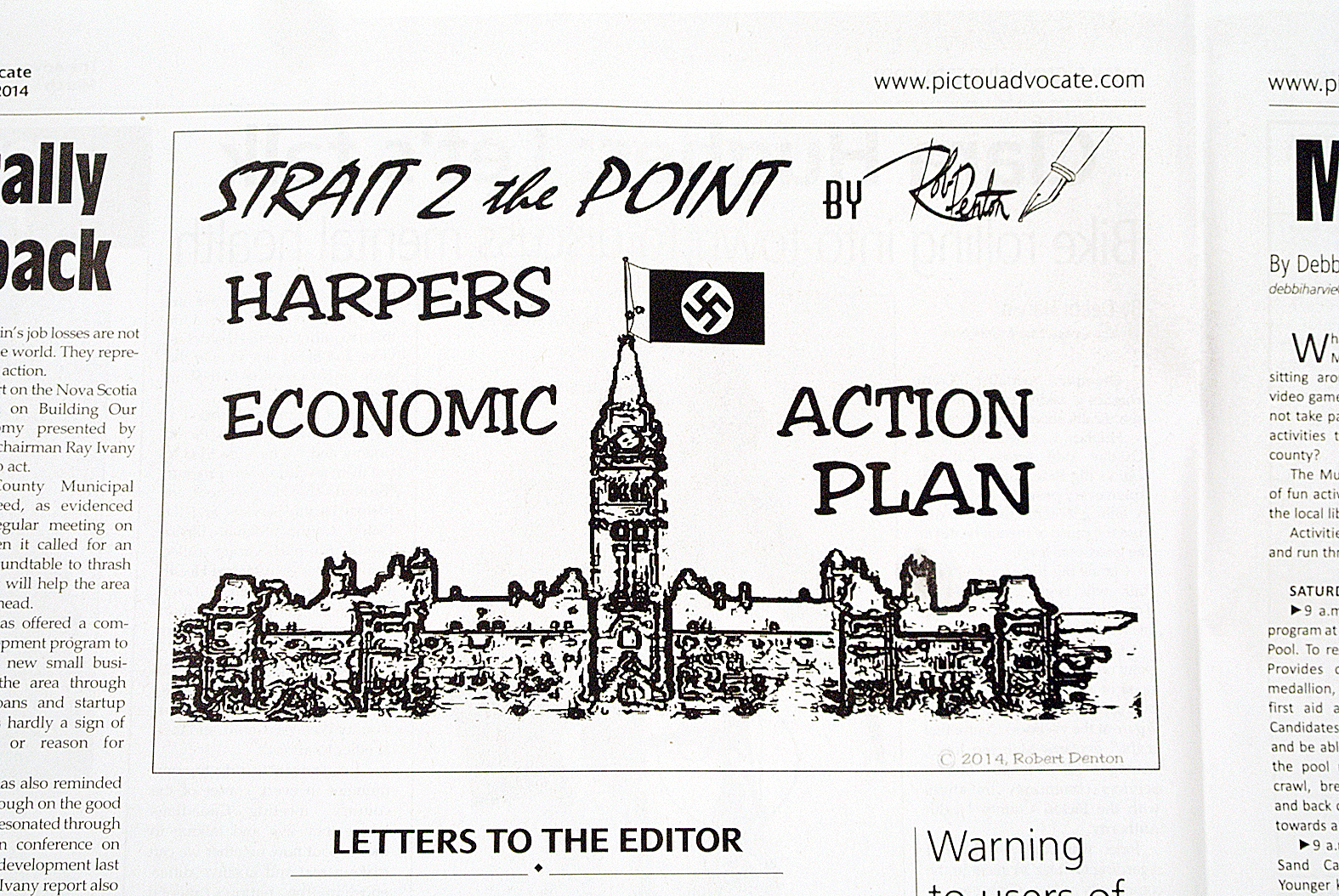Pennsylvania to pay $40K to anti-drilling group over terror listing by Associated Press, January 23, 2015
The state of Pennsylvania has agreed to pay about $40,000 to an anti-gas drilling group that was erroneously characterized in security bulletins as a potential terror threat.
The settlement terms between the Pennsylvania Emergency Management Agency and the Gas Drilling Awareness Coalition were released Friday. The Associated Press obtained the document through an open-records request.
The coalition’s lawsuit said the bulletins characterized the group as a possible threat to infrastructure without evidence. A private contractor, the Institute of Terrorism Research and Response, produced the reports under a one-year, $103,000 contract.
The state did not have to admit liability under the Jan. 15 settlement but agreed to destroy all copies of the Pennsylvania Intelligence Bulletins that named the coalition.
The watchdog group also agreed it wouldn’t make disparaging remarks about the state agency. [Emphasis added]
 Canada’s new backward-looking terror law, Stephen Harper’s tough new anti-terror bill is almost certainly unnecessary by Thomas Walkom, National Affairs, January 30, 2015, Toronto Star
Canada’s new backward-looking terror law, Stephen Harper’s tough new anti-terror bill is almost certainly unnecessary by Thomas Walkom, National Affairs, January 30, 2015, Toronto Star
Stephen Harper’s new anti-terror bill is tough, backward-looking and almost certainly unnecessary. Bill C-51 would allow a judge to impose up to a year of house arrest on someone who has neither been convicted nor charged with any crime. The judge could also require that the target wear an electronic bracelet. The only requirement in the bill, introduced Friday in the Commons, is that police produce satisfactory evidence this person “may” commit a terrorist offence.
…
The bill would also authorize the Canadian Security Intelligence Service to engage in illegal acts and so-called dirty tricks. That’s the backward-looking part. In 1984, CSIS was created specifically to get Canadian spooks out of the dirty-tricks business. Before that time, security had been the purview of the RCMP which, as a 1981 royal commission found, routinely broke the law in its war against those it deemed dangerous radicals.
In one famous incident, the Mounties burned down a barn in order to prevent a planned meeting of Quebec separatists.
In another, they circulated bogus medical information about a member of a small Toronto leftist group that they were trying to discredit.
The royal commission recommended that Canada’s spies stop trying to disrupt the activities of alleged subversives and concentrate instead on gathering and analyzing intelligence.
In those far-off days, most Canadians thought that it made little sense to have officers sworn to uphold the law break it.
That theory, it seems, is no longer in vogue. Bill C-51 explicitly gives CSIS the right to contravene both the law and the Constitution’s Charter of Rights and Freedoms.
The only requirement faced by the agency is that it obtain judicial warrants before acting — a condition that shouldn’t be too onerous.
Other elements of the bill are as expected.
The government would criminalize the communication of statements that promote and advocate terrorism. This section seems to be aimed primarily at the Internet and, subject to a judge’s warrant, would allow police to seize printed or electronic material that they believe to be terrorist propaganda. The definition of propaganda in the bill includes any writing or “sign” that promotes terrorism.
In France, similar laws have been interpreted broadly. One man was recently sentenced to six months in jail because he said, in the street outside a police station, that he supported recent terror attacks in that country.
In another case, an eight-year-old French schoolboy was hauled in for police questioning after he told his teacher that the terrorists were right.
Could something similar happen in Canada? Speaking in Richmond Hill Friday, Harper indicated that it could. Asked specifically how his bill would discriminate between real terrorists and kids just trying to be jerks, the prime minister said it wouldn’t. Age doesn’t matter, he said. Promoting terrorism will be, for anyone, a serious criminal offence.
The bill would also allow all government agencies to give the security services whatever information they possess on Canadians. [And hand over to law violating, aquifer-fracing oil and gas companies like Encana?
Is any of this necessary?
…
But on first reading, it’s hard to see the point of Bill C-51. In Canada, it’s already a crime to plan or support terrorist activity. The RCMP already uses legal methods to disrupt planned terror attacks. That’s what it did with the Toronto 18. On Friday, Harper was asked whether his new bill could have prevented either of last fall’s attacks on soldiers in Ottawa and Quebec. He said he wasn’t sure. It was a refreshingly honest answer. But it raised the broader question: If the government doesn’t know whether these measures will do any good, why is it proposing them? [Emphasis added]
Inside the Orwellian Launch of Tories’ Anti-Terrorism Act, Locked up reporters, denied a look at the bill, revolt by Jeremy J. Nuttall, January 31, 2015, TheTyee.ca
…
Bills are usually given to reporters in a lock-up before they are tabled in parliament. A copy of the new Anti-Terrorism Act is what most members of the press were expecting Friday.
No bill to view
But when more than two dozen reporters arrived at the briefing in Ottawa, they were told they would not be getting a look at the bill, even before the question-and-answer portion of the technical briefing. President of the Parliamentary Press Gallery Laura Payton took up the cause and at the back of the room argued with government staffers, questioning the point of having reporters sign an undertaking when they weren’t even being given sensitive information, just backgrounders. The backgrounders detailed little information the reporters didn’t already suspect would be in the new legislation.
The staffer insisted to Payton reporters weren’t actually in a lock-up, but merely signed an undertaking to observe an embargo on disseminating information from the backgrounders until the embargo was lifted.
The Tyee is withholding the staff member’s name in accordance with the undertaking’s stipulation not to attribute information to government employees at the event.
The briefing — referred to three times as a ”lock-up” — by another government staff member in his opening remarks then began.
Dissent grows
The minor grumblings about the lack of information that had been moving around the room suddenly matured into outright dissent.
”Can you give us an explanation for why you would hold a briefing and not give us the legislation at the beginning?” boomed one reporter.
”We’d be happy to take your questions on the substance of the information,” replied a frazzled bureaucrat attempting to maintain a social veneer.
He was then interrupted by another salvo of displeasure.
”We don’t have any information,” followed by ”We haven’t even had time to read the backgrounders!” and ”Give us the bill!” were shouted from reporters on chairs circling the room.
The shouting and sarcastic remarks continued — at one point it seemed a walkout was close to happening. Renewed demands from one corner of the room or another to see the bill were called out as staffers went on with their briefing.
Public Safety Canada and Department of Justice employees around the room began nervous attempts to calm reporters.
”Are you filming us?” a CBC reporter asked in disbelief to a staffer who appeared to be using a phone to record the discontent. The undertaking signed by media specifically said there was to be no filming in the room.
About 15 minutes later, Stephen Harper’s director of communications, Jason MacDonald, arrived and sat down, promptly thumbing away on his phone. The undertaking the journalists signed also forbid the use of cell phones to ”release or communicate documents, materials or information, or other records of any nature whatsoever to anyone in any manner” during the embargo.
Explain law
Staffers described to journalists Bill C-51 and how it makes it an indictable offense to advocate and promote terror, to preventative arrests and expanding the powers of the Canadian Security Intelligence Service.
The bulk of reporters’ questions were on how the bill makes it an indictable offense to knowingly advocate or promote terrorism offences ”in general,” which could mean people who post propaganda on social media are subject to arrest.
During the question-and-answer period, reporters asked how the government would decide who is supporting terrorism. Stephen Maher from Postmedia asked if someone would be breaking the law if they posted material encouraging attacks by Ukrainian militants on Russian targets in Crimea.
The row of bureaucrats at the front of the room said they wouldn’t speculate on hypothetical situations. Many answers seemed scripted to the point where one reporter asked if they were just reading parts of the backgrounder as their answers. The staffer replied that they weren’t.
A little after 12:00 p.m., the bill was given to reporters.
Half an hour later, the embargo was lifted and reporters were told they could expect a text message with a wireless code so they could file their stories. But the wireless did not immediately work.
Meanwhile a massive white screen lowered from the ceiling behind two Canadian flags. A six-metre-tall Stephen Harper was projected onto it as he gave a speech to introduce the new anti-terror legislation live in Richmond Hill, Ontario.
The Prime Minister talked about a growing ”great evil” Canadians need to be scared of in the form of violent jihadists wanting to kill anyone ”who does not share their narrow and oppressive world view.”
Reporters, meanwhile pleaded with government staffers to get the wireless working so they could get their stories — cobbled quickly from what information they were given — to the public.
Payton said she left after 15 minutes of waiting for the wireless to work and doesn’t know if it ever came on. [Emphasis added]
There is then a quote from the cartoonist, Rob Denton.
“The use of the swastika was simply aligning the Harper government’s policies with the Nazis. The fact is, Harper has violated virtually every element of his platform which is taking away the freedoms and rights of all Canadians, especially the disabled and elderly.”
He stated there are no religious connotations, no anti-semitism and no ethnic attacks – “just the suggestion that Canadian politics is headed to fascism.”
Stephen Harper is proposing the most sweeping increase in power for Canadian security agencies since the aftermath of Sept. 11, 2001, including jail time for encouraging terrorism on the Internet, while playing down concerns over the impact on civil liberties.
… This Anti-Terrorism Act is igniting a national debate about the proper balance between freedom and security in Canada in the 21st century, including whether there is sufficient outside scrutiny of the law-enforcement agencies [and energy regulators like the AER?] that are gaining new powers.
The legislation would also grant Canada’s spy agency, the Canadian Security Intelligence Service, the power to intervene and disrupt threats to national security, a major change from merely collecting intelligence and handing off the matter to the RCMP.
Mr. Harper made it clear Friday he will try to own the security file in this election year, casting his political opponents as reluctant to follow in his footsteps [decimating the rights of Canadians?].
“Over the last few years a great evil has been descending over our world,” said the Prime Minister…. [Is it Mr. Harper?]
Mr. Harper rejected a reporter’s question about whether this might conflict with civil liberties, saying it’s his rivals who worry about that. … Mr. Harper said [Since when is Mr. Harper trustworthy in regards to Canada’s Charter of Rights and Freedoms?] ….
Asked whether Ottawa would distinguish between real jihadis and a teenager making idle talk in his basement when it comes to statements that encourage terrorism, Mr. Harper signalled the government doesn’t intend to make exceptions for people. …. Some critics said the legislation goes too far, with Micheal Vonn of the BC Civil Liberties Association arguing the government is reacting “in highly emotive terms” to the evolving threat of terrorism. [Or is Mr. Harper taking advantage of terrorism to further his rights-decimating, fascist agenda to enable silencing courageous Canadians speaking out publicly about and protesting corporate law violations, pollution and abuses?] Ms. Vonn added Canadians would be shocked to learn the extent of the new measures, including the ease with which the government can add people to the no-fly list.
“We lacked oversight to begin with, now we’re expanding the powers, so we will have even less,” Ms. Vonn said.
The NDP raised concerns about the level of funding provided to law-enforcement agencies and the government’s commitment to preserving Charter rights.
None of the measures in this bill will expire after a set period of time, unlike anti-terror legislation passed in 2001 where some powers were designed to lapse unless renewed by a future Parliament, as a safeguard on civil liberties.
Other proposed measures: …
- Granting government departments explicit authority to share private information, including passport applications, or confidential commercial data, with law-enforcement agencies. [Emphasis added]
[Refer also to:

Slide above from Ernst presentations

Headlines above were in 2012


